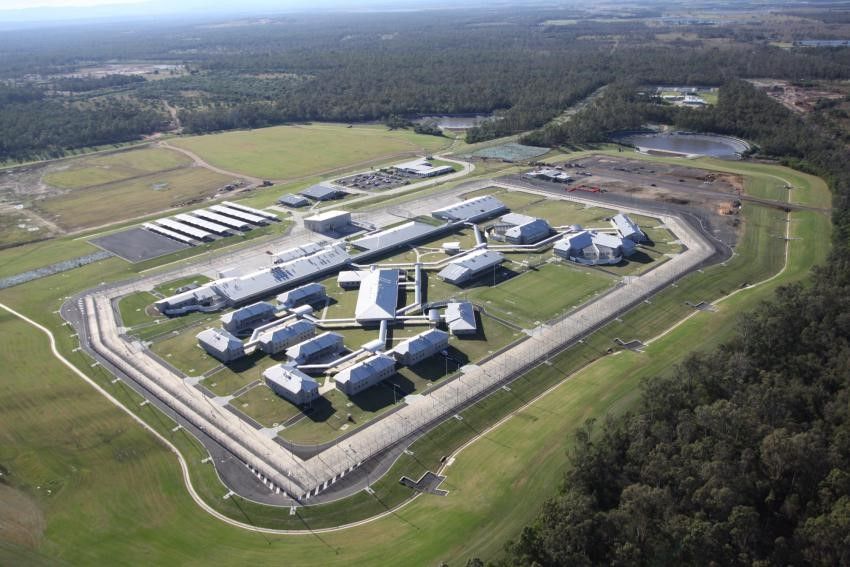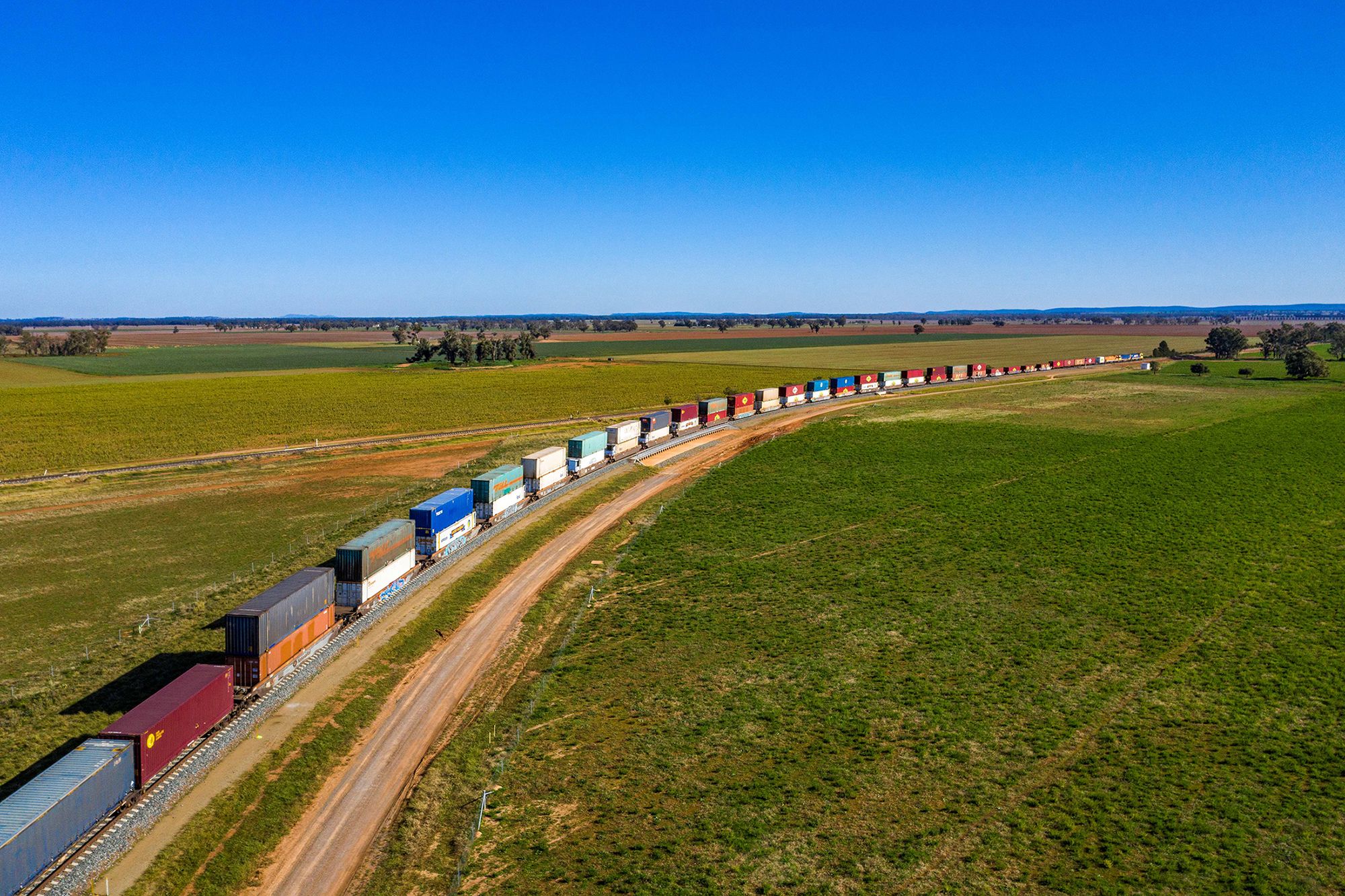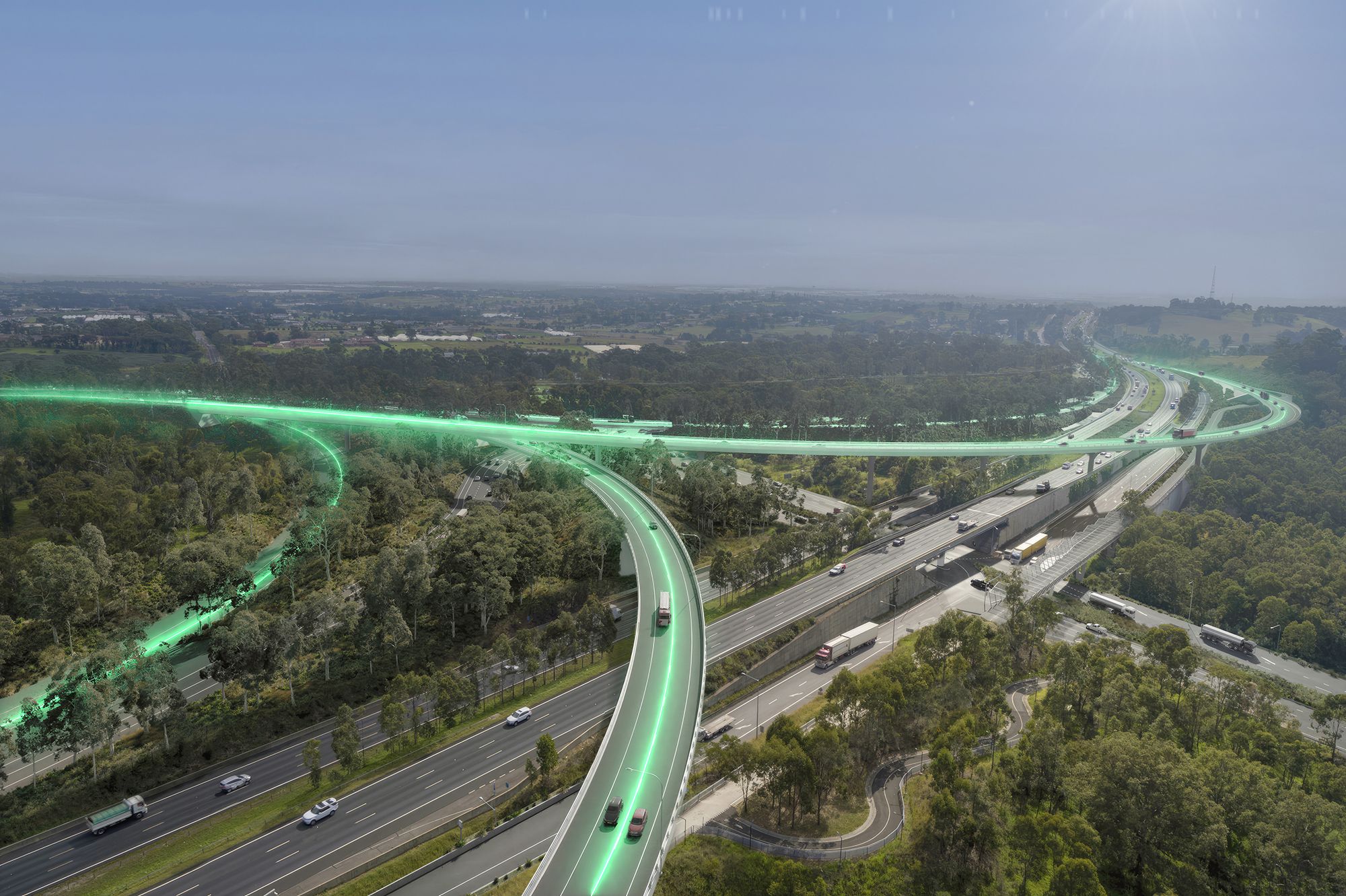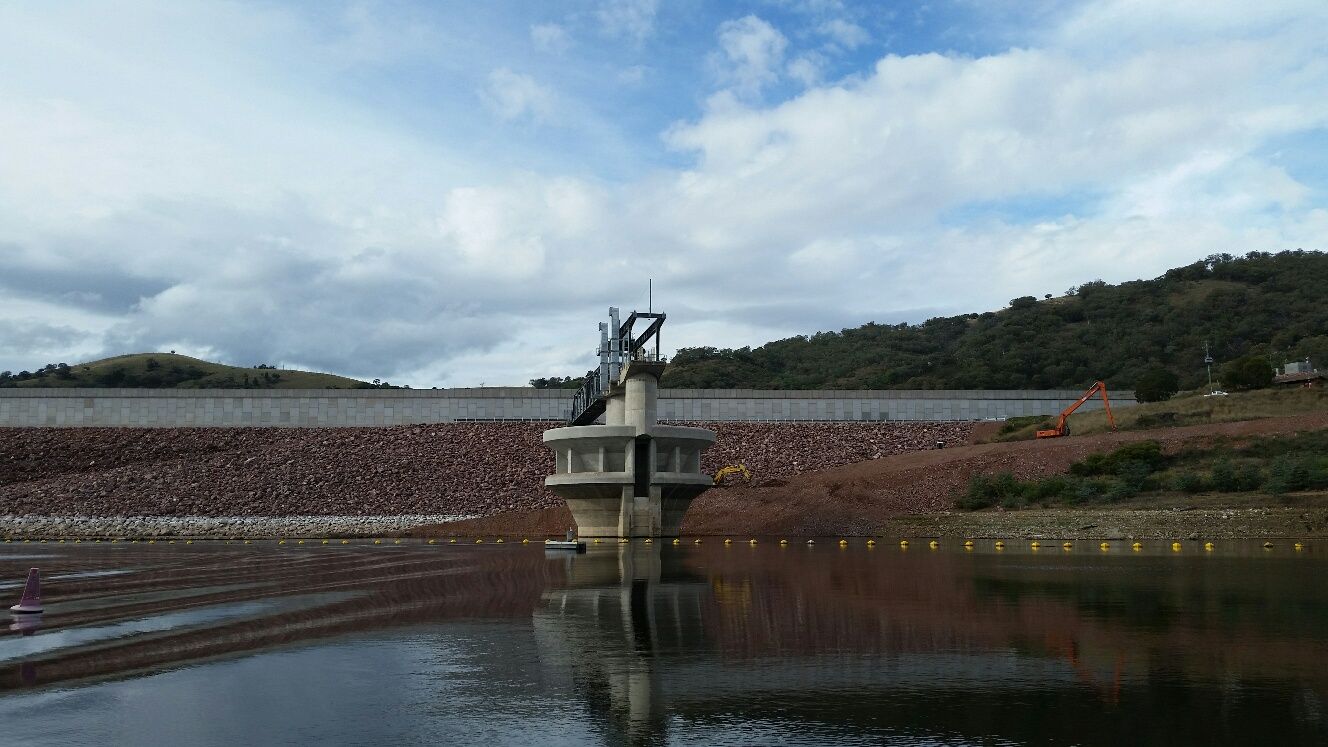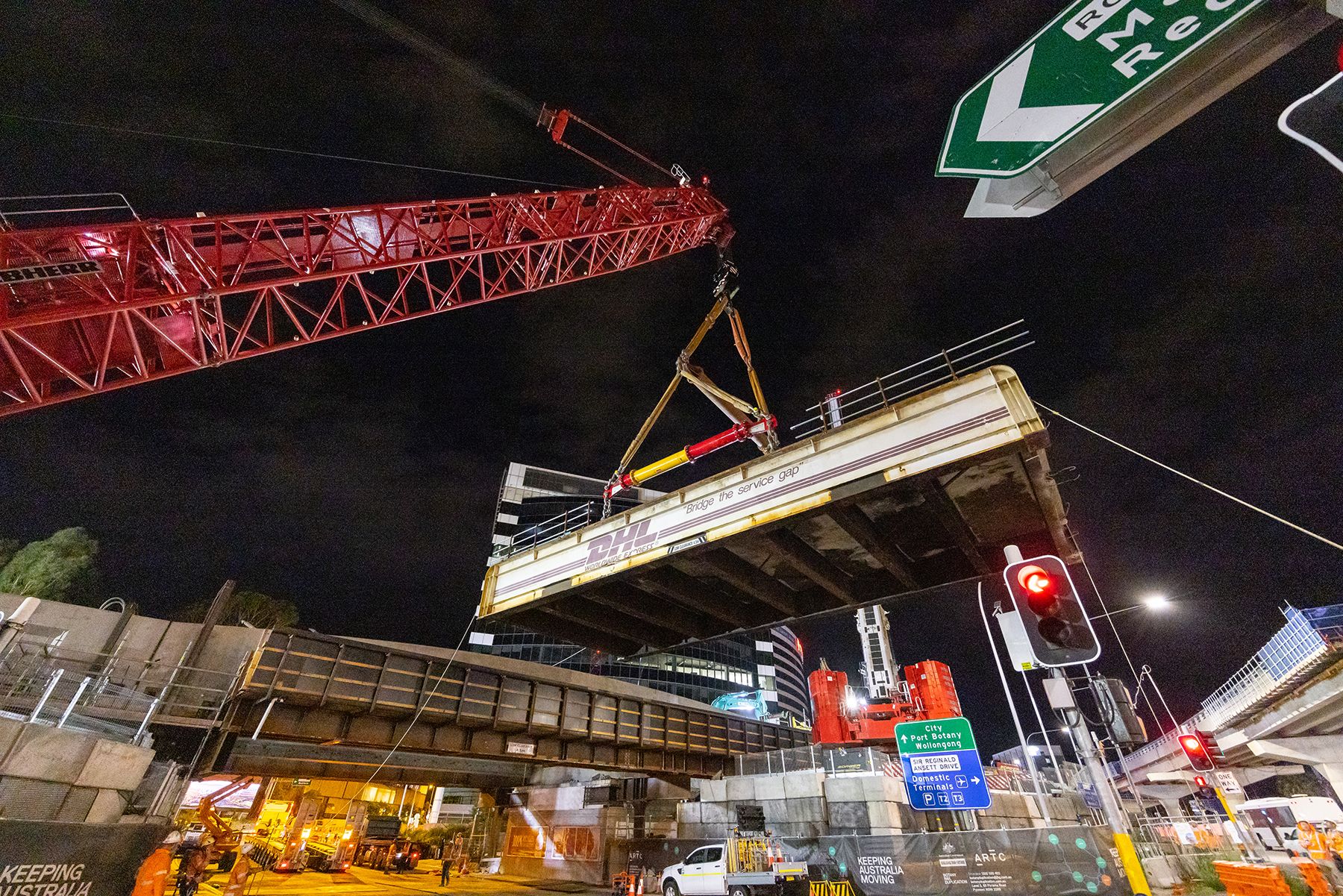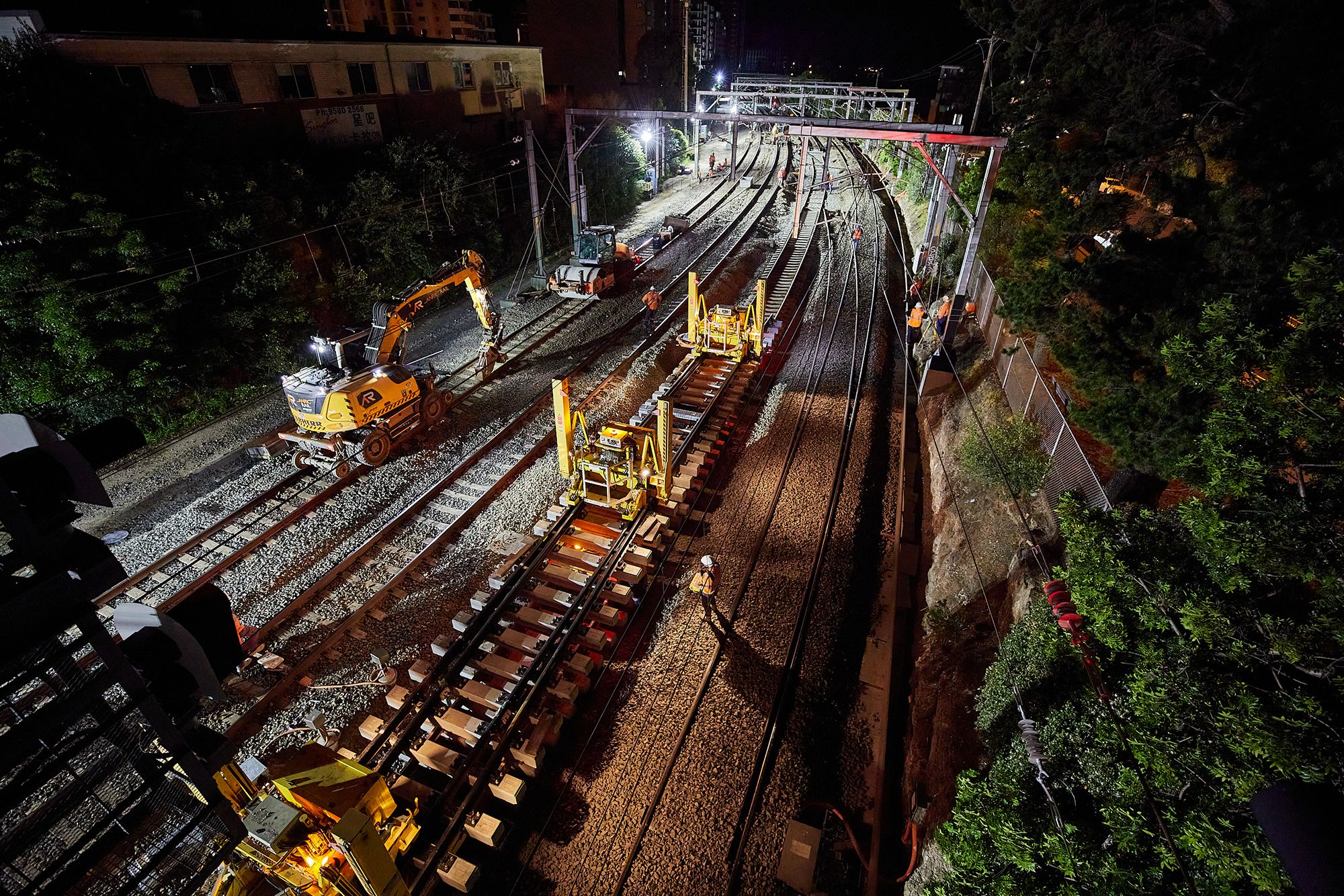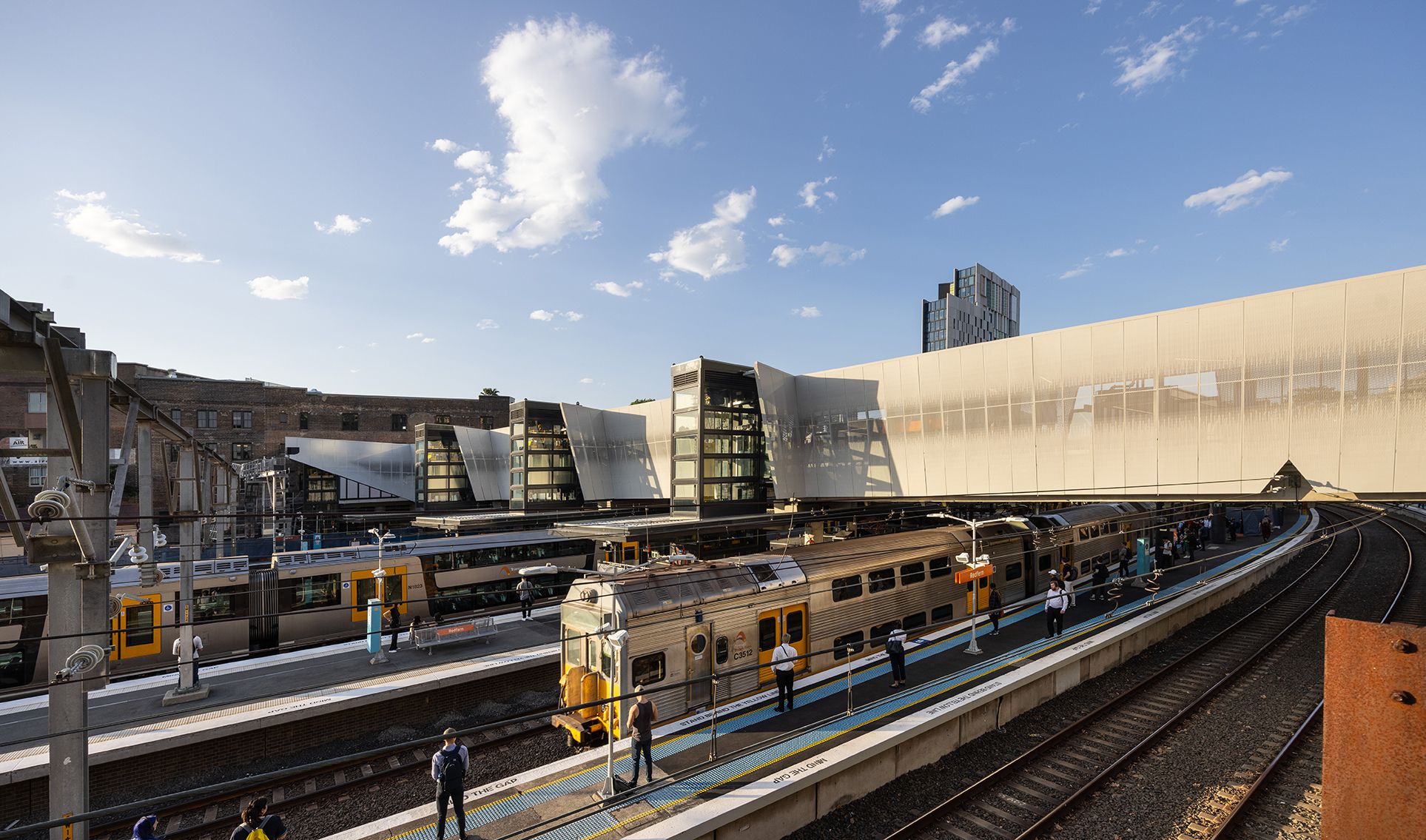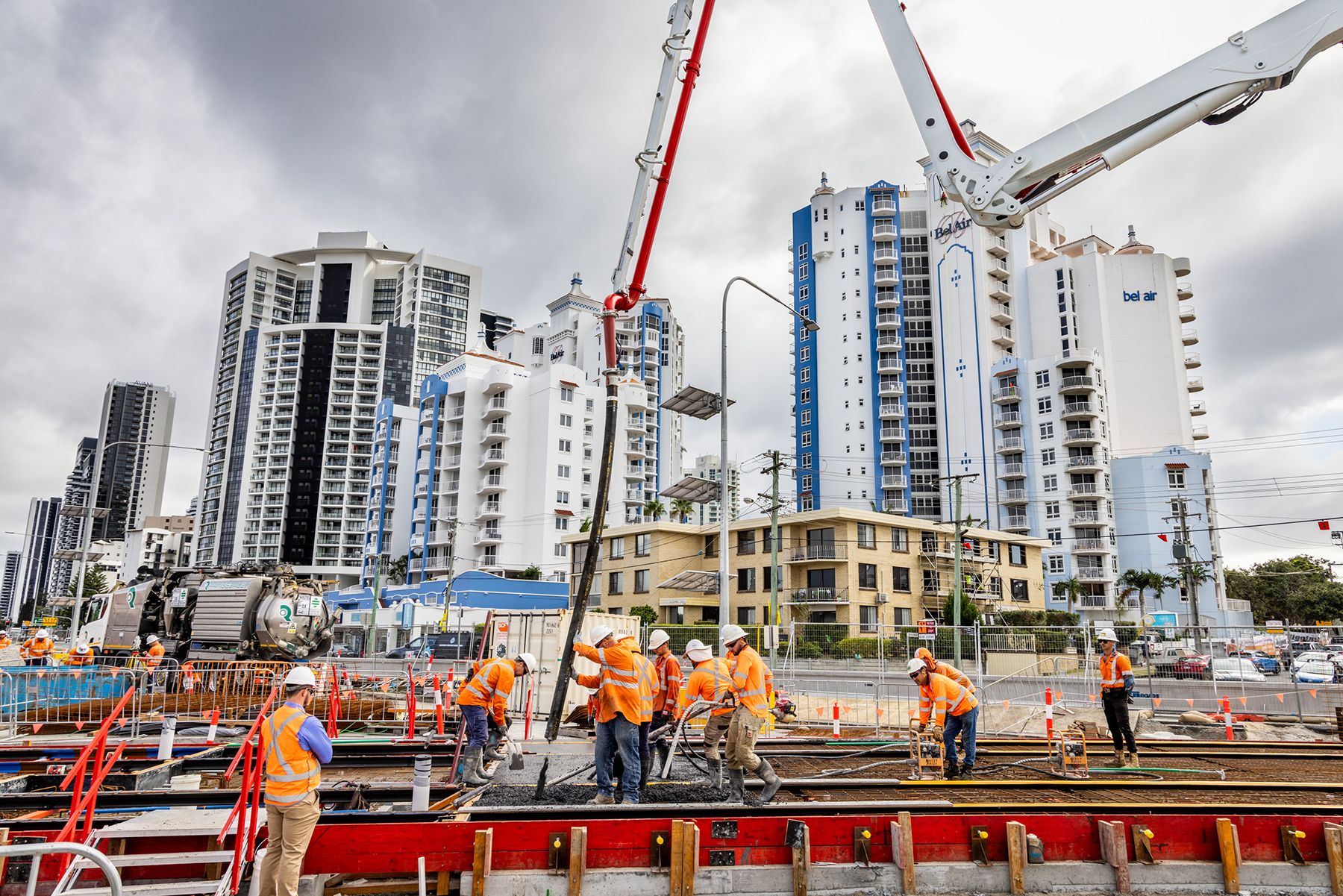
Improving safety, congestion and liveability by removing some of the most dangerous level crossings across metropolitan Melbourne.
Since 2017, the Victorian Government has entrusted us and our Alliance partners to remove dangerous and congested level crossings, deliver new rail stations and infrastructure, and create more community open spaces.
Removing level crossings and providing alternatives not only reduces road congestion, but delivers significant safety improvements, increases capacity to run more trains on the network and provides new precincts and open space for local communities to enjoy well into the future.
Our Alliance currently has three projects in delivery (Glenroy, Preston and Pakenham) and one project in development (Keon Parade).
- The Glenroy project has completed all major works with Practical Completion due by the end of 2022. The Project involved the removal of the level crossing at Glenroy Road by lowering the rail line under the road, as well as building a new premium energy-efficient Glenroy Station.
- The Preston project is removing four level crossings and has just built two new stations at Bell and Preston. The rail line is being raised over the roads via a rail bridge, delivering two kilometres of new open space underneath. The project will be completed by the end of 2022 and the open space ready for locals to enjoy in 2023.
- The Pakenham project will see the removal of three level crossings, a modernised Pakenham Station and a brand-new East Pakenham Station. The crossings will be removed by building a rail bridge over the roads, delivering six MCGs worth of public space underneath for the local community when completed in 2024.
- The Keon Parade project will remove the dangerous level crossing at Keon Parade by building a rail bridge over the road, as well as delivering a new Keon Park Station with modern facilities for the community. The project will be completed and the new station open in 2025.
Level Crossing Removal Projects delivered to date:
- Camp Road in Campbellfield, removal of one level crossing, delivered in 2017
- Skye Road in Frankston, removal of one level crossing and the construction of a new Frankston Station, delivered in 2018
- Buckley Street in Essendon, removal of one level crossing, delivered in 2018
- High Street, Reservoir, removal of one level crossing and the construction of a new premium Reservoir Station, delivered in 2020
- Bell to Moreland in Brunswick/Coburg, removal of four level crossings and the construction of two new stations at Moreland and Coburg, delivered in 2021.
- Customer
Major Transport Infrastructure Authority - Location
Melbourne, Victoria - Specialisation
Roads & bridges
Design & construction - Start
2017 - End
Ongoing
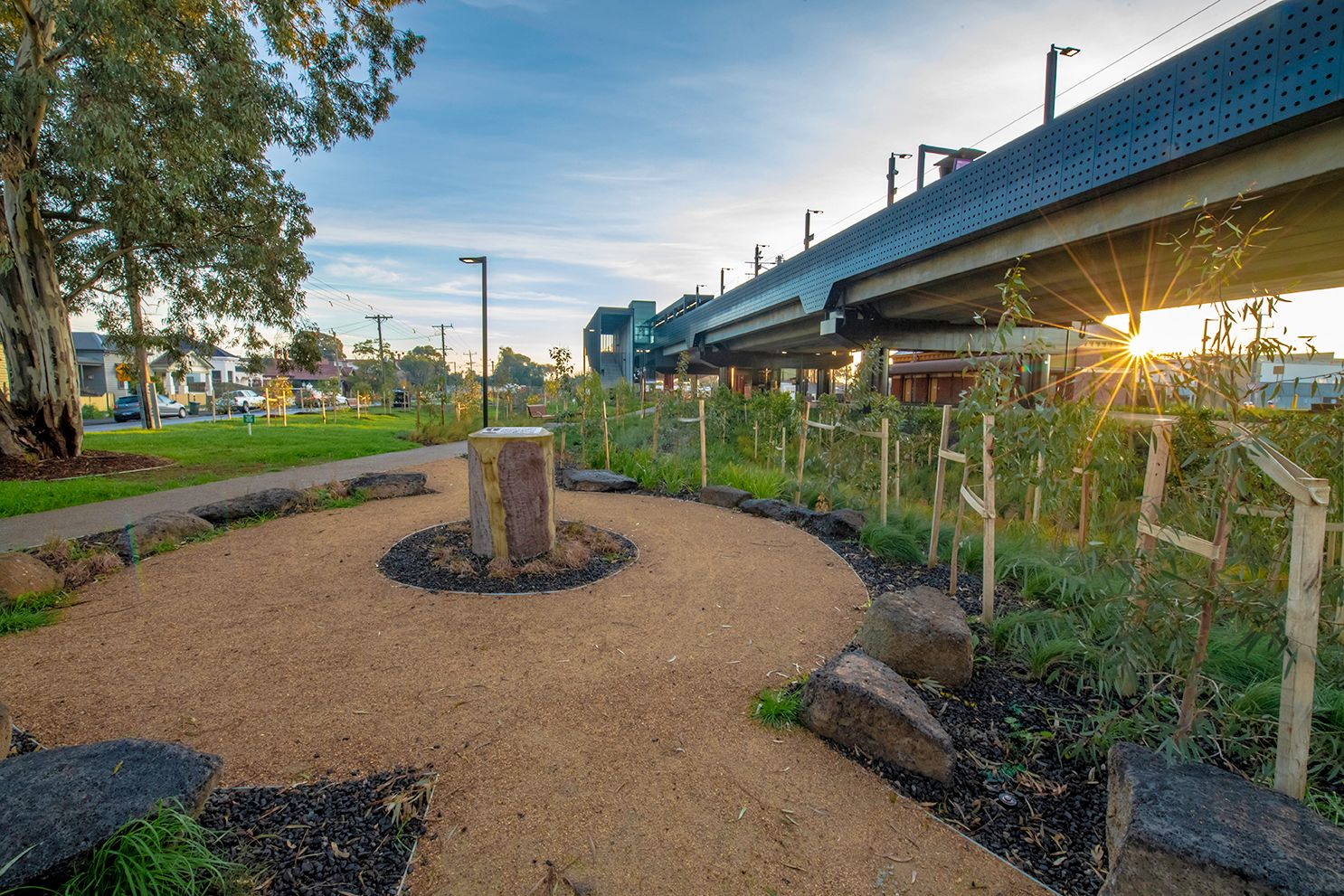
Our level crossing removal projects not only improve road travel times and safety but transform the liveability of the area through the creation of vibrant new precincts and open spaces.
“NWPA is no stranger to using innovation to generate better commercial, safety, environmental and social outcomes for its projects. Since 2017, we have developed and gained client approval on 47 new innovations, equating to $61 million in direct savings and $24 million savings through NWPA actively sharing its learnings with other level crossing removal Alliances,” Joe Barr, CEO John Holland.
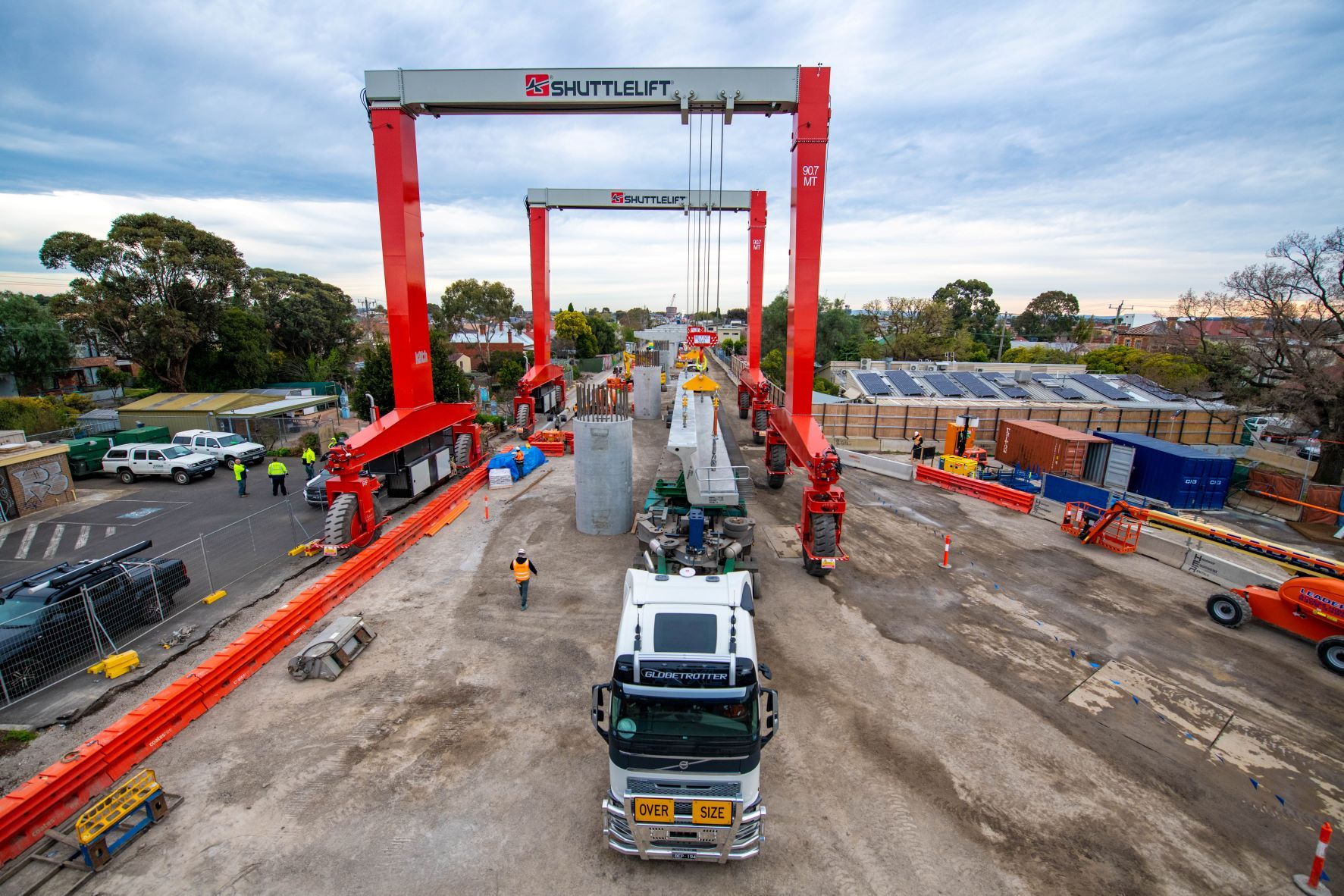
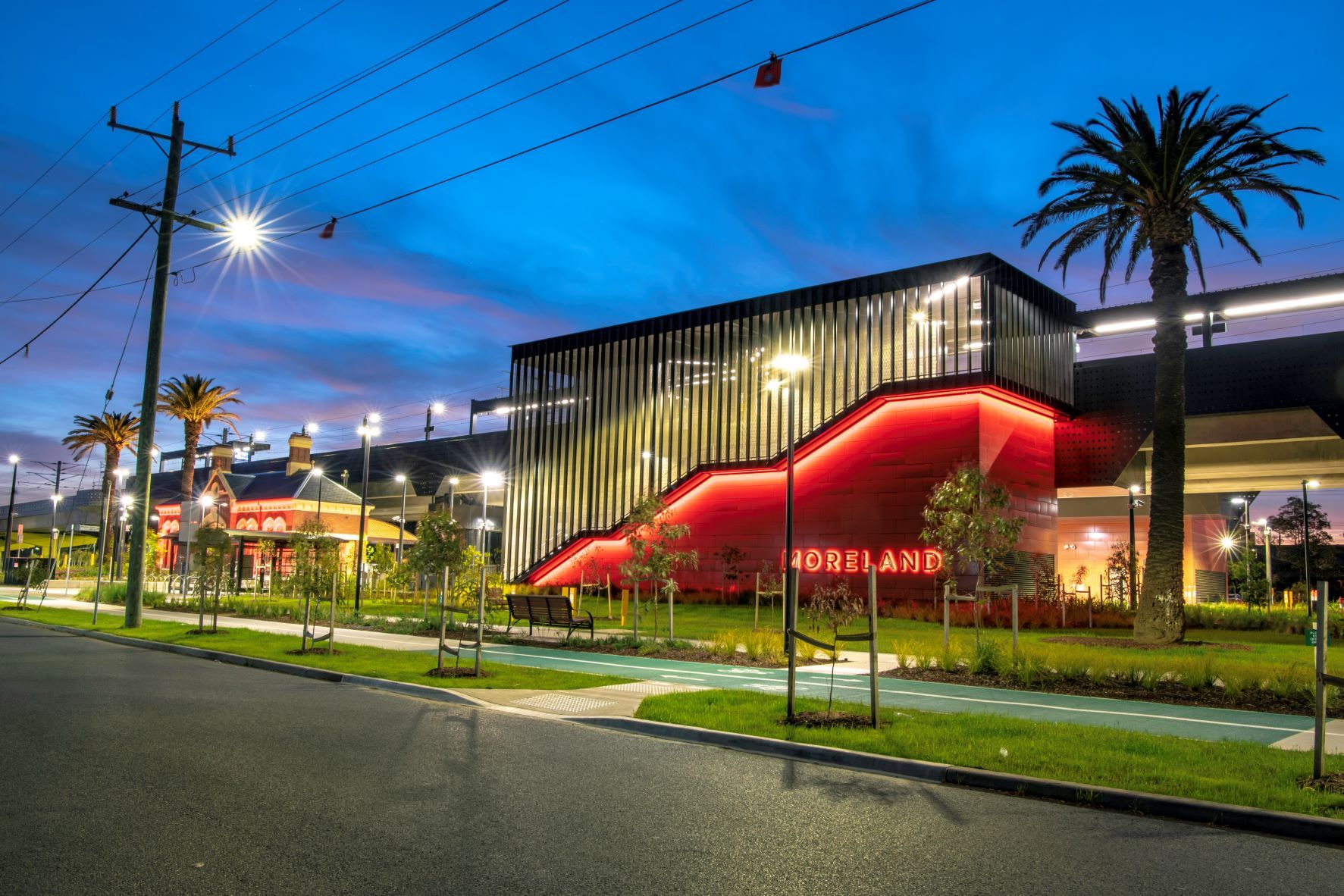
Sustainability is integral to our projects and the results speak for themselves. Our Bell to Moreland project has received the highest sustainability rating ever in the history of the Infrastructure Sustainability Council, with Coburg the first train station in Australia to be awarded 6 Star Green stars by the Green Building Council of Australia.

